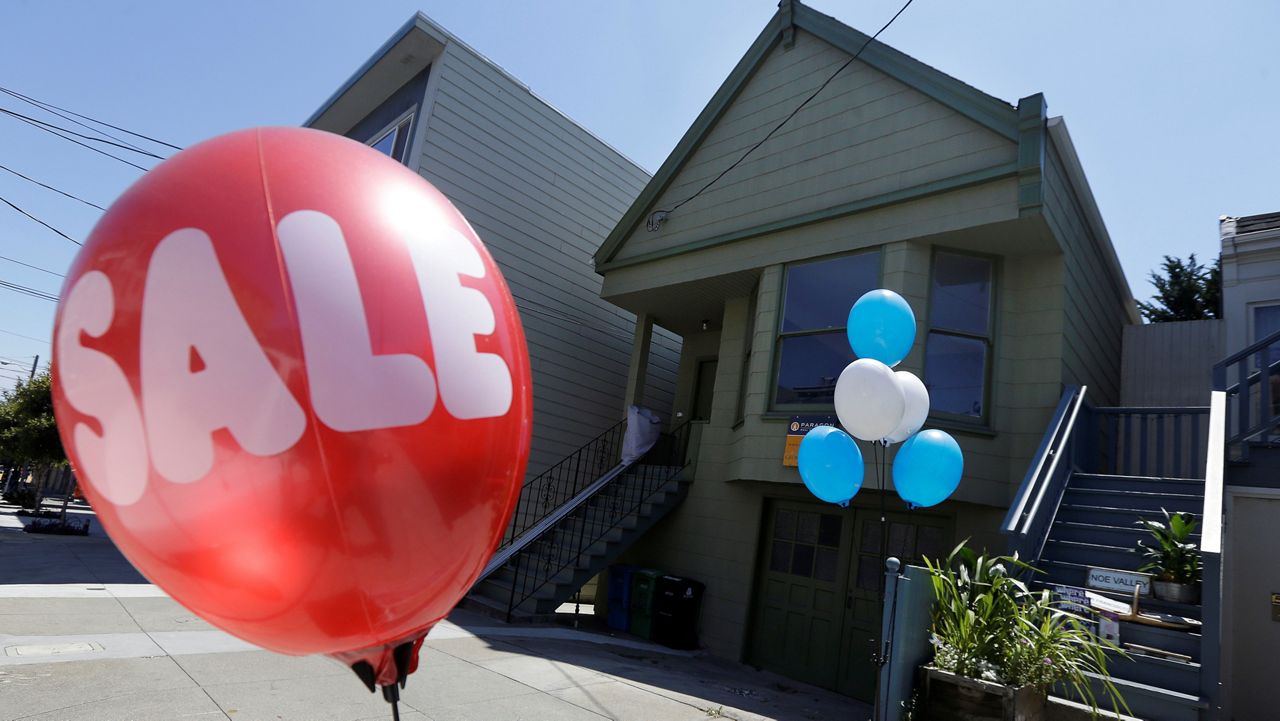A bill meant to reduce abuses in the foreclosure process in New York and add safeguards for homeowners is about to land on Gov. Kathy Hochul's desk by the end of the year.
A coalition of New York City officials at the City Council, borough halls and citywide elected officials are urging her to sign it.
Lawmakers who back the legislation have said the bill is meant to curb practices in foreclosure processes that are tipped against homeowners and in favor of banks during court proceedings.
The measure was approved earlier this year in the wake of a state Court of Appeals ruling that lawmakers said made it easier for lenders and mortgage services "to unilaterally manipulate, arrest, stop, and restart the limitations period" during foreclosure.
The ruling allowed servicers to reset the statute of limitations period during time-barred actions. The pending measure would restore the six-year statute of limitations on mortgage foreclosure actions.
“It is nearly impossible to get every elected official in New York City to agree on anything – but across the left, right, and center we all know that we need to rewrite unfair rules that keep struggling homeowners mired in foreclosure and help them hold on to their homes," Councilman Lincoln Restler said. "The Foreclosure Abuse Prevention Act would do just that and we hope Governor Hochul will sign it into law.”
A rally outside of Hochul's office in New York City is planned for later on Thursday afternoon.
New York City Public Advocate Jumaane Williams, as well as New York City Comptroller Brad Lander and members of the New York City Cocunil in letters to the governor send in recent days urged her to sign the measure.
"There are already long delays on hearing cases, and if mortgage lenders can now bring back closed cases, then it will be impracticable to have a fair and speedy trial," Williams wrote. "Mortgage lenders have been known to stop and start proceedings, which causes homeowners to have to fight frivolous cases.'
The push for the measure comes after pandemic-era protections for evictions and foreclosures have largely ended. More broadly, housing insecurity has been called a statewide problem amid rising rents and interest rates.


